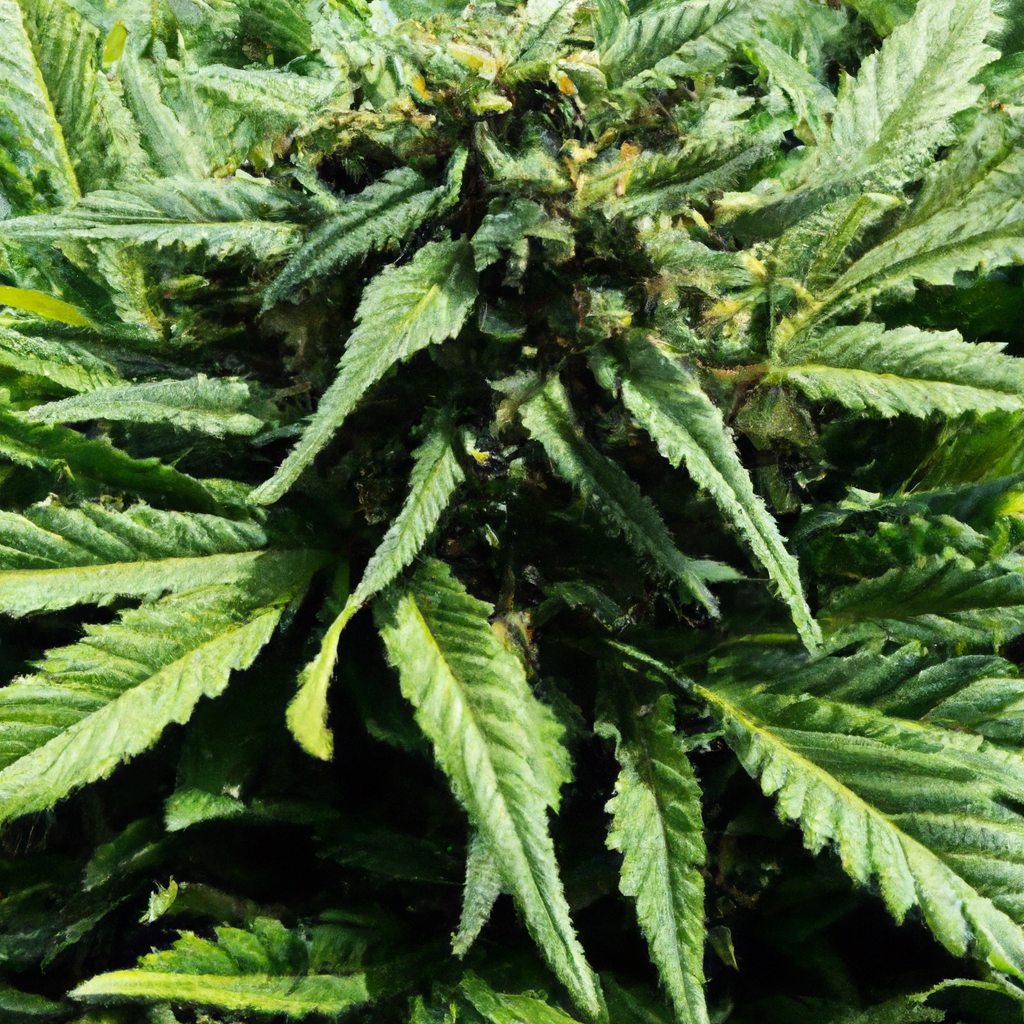Your cart is currently empty!
Organic cannabis cultivation is becoming a cornerstone practice in the pursuit of sustainable agriculture. By utilizing natural fertilizers, composting, and environmentally friendly pest control, growers can ensure their operations benefit both the planet and consumers. This guide delves into the best practices for cultivating cannabis organically, emphasizing soil health, avoiding synthetic chemicals, and promoting sustainability.
Building a Healthy Soil Ecosystem
The foundation of any successful organic cannabis garden lies in its soil. By cultivating a robust soil ecosystem, you ensure your plants receive all the necessary nutrients without relying on synthetic fertilizers.
- Composting: Use kitchen scraps, yard waste, and other organic materials to create nutrient-rich compost. This natural amendment can replenish soil nutrients without chemical inputs.
- Cover Crops: Grow cover crops such as clover or vetch between harvests to enhance soil fertility, suppress weeds, and improve soil structure.
- Soil Testing: Regularly test your soil to understand its nutrient profile and pH levels, allowing for precise organic interventions.
Natural Fertilizers: Boosting Growth Sustainably
Natural fertilizers are key to maintaining soil fertility and plant health. Here are some effective options:
- Animal-Based Fertilizers: Use fish meal or bone meal, which are rich in nitrogen, phosphorus, and trace minerals—essential for vigorous plant growth.
- Plant-Based Fertilizers: Seaweed and alfalfa meal provide a balanced supply of macronutrients and promote microbial activity in the soil.
- Compost Tea: Brew compost tea to add beneficial microbes to your soil, enhancing nutrient availability and plant uptake.
Pest Control the Organic Way
Organic cannabis growers strive to minimize chemical inputs, opting for natural pest control methods:
- Beneficial Insects: Introduce ladybugs or predatory mites to control aphids, spider mites, and other pests biologically.
- Neem Oil: This natural oil acts as a deterrent for many pests and can be applied as a foliar spray.
- Companion Planting: Plant garlic, basil, or marigolds nearby to naturally repel insects and improve the health of your cannabis plants.
The Environmental and Consumer Benefits
Embracing organic methods in cannabis cultivation offers substantial benefits:
- Environmental Impact: Organic practices reduce reliance on synthetic chemicals, protect biodiversity, and maintain water quality.
- Consumer Safety: Consumers receive a cleaner product free from pesticide residues and synthetic fertilizers, ensuring a safer cannabis experience.
- Long-term Sustainability: Sustainable cultivation practices promote soil health and ecosystem balance, ensuring productive harvests for future generations.
Conclusion
By adopting organic cultivation techniques, cannabis growers can create sustainable operations that benefit both the planet and their consumers. Whether you’re building a healthy soil ecosystem, using natural fertilizers, or opting for eco-friendly pest control, these practices ensure the integrity and success of your cannabis garden. Remember, the journey towards organic cultivation is one of mindful choices and environmental stewardship, ultimately leading to a cleaner, greener plant.
Tags: OrganicGrowing, NaturalFertilizers, PestControl, SoilHealth, SustainablePractices
Discover more from Magic Clones
Subscribe to get the latest posts sent to your email.


Leave a Reply